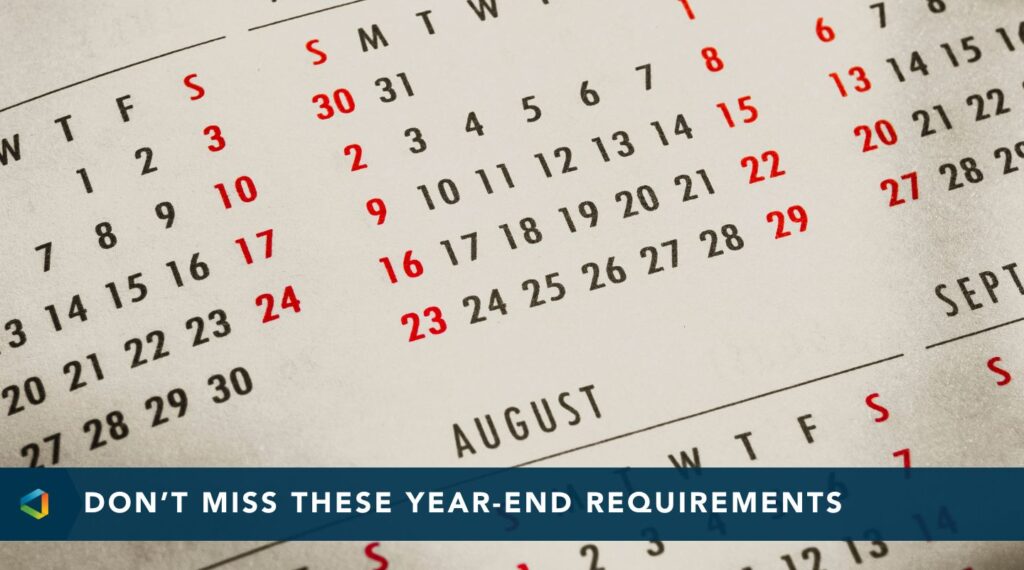The gradual implementation of the Affordable Care Act (ACA) culminates with a cost-sharing provision aimed at those who offer or sponsor rich health plans. Specifically, benefit-rich employer-sponsored health plans will face a 40% excise tax beginning with plan years in 2018. The purpose of this “Cadillac” tax, as it’s commonly known, is one of the major methods necessary to fund the ACA.
The excise tax will apply to insurers (fully-insured plans) and plan administrators (self-insured plans) for excess benefits. “Excess benefits” means that the cost of coverage is more than a stated threshold ($10,200 for single-only; $27,500 for other coverage tiers in 2018).
Initially, it was thought that this excise tax would affect a very small percentage of employers. The latest projections show that approximately 31% of employer plans will be subject to this tax. Employers want to know, “Does this apply to my plan?” and “What’s the price tag?”
The answer is unknown. On February 23, 2015, the IRS released their notice seeking public input to help them develop the answers to these questions. Specifically, they itemized challenges in identifying which coverage the tax would apply to, determination of the cost of coverage, and setting the dollar thresholds for which the tax will apply.
Many individuals, insurance professionals and lobbying organizations responded to this information request, which ended May 15, 2015. In response, all provided varying opinions on the inclusion of pre-tax contributions, employer contributions to health savings accounts (HSAs), costs associated with care at on-site clinics, stand-alone dental and vision coverage, and whether adjustments should be made for age, gender, or retirement status.
A common thread is that control of the cost of medical goods and services is outside the scope of both insurance plans and employers. As such, employers, and their employees, may continue to have to “downsize” benefits to be able to afford them. Today’s dollars do not buy the same coverage. Individuals today receive fewer benefits for the same price they paid in 2010.
For all involved, it is a very unpopular thought. Activity in Congress to remove this controversial provision includes House bill 879, “Ax the Tax on Middle Class American’s Health Plans,” which seeks to repeal this provision for every year after 2017.
For now, we wait to understand the impact that the commentary has on the next iteration of the rule and hope that it does not lead to a future where we pay “Cadillac” prices for sub-compact benefit plans.




